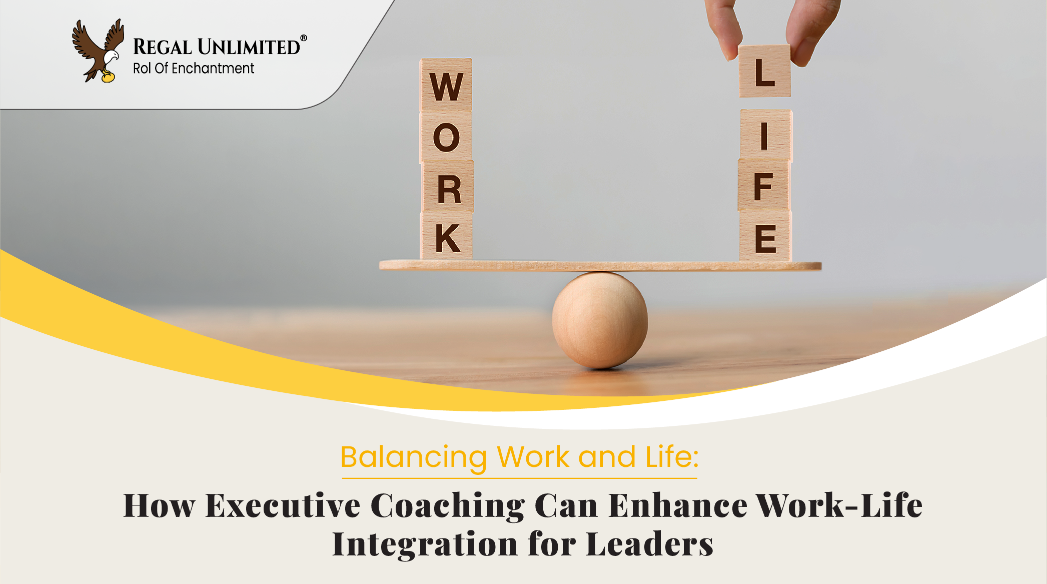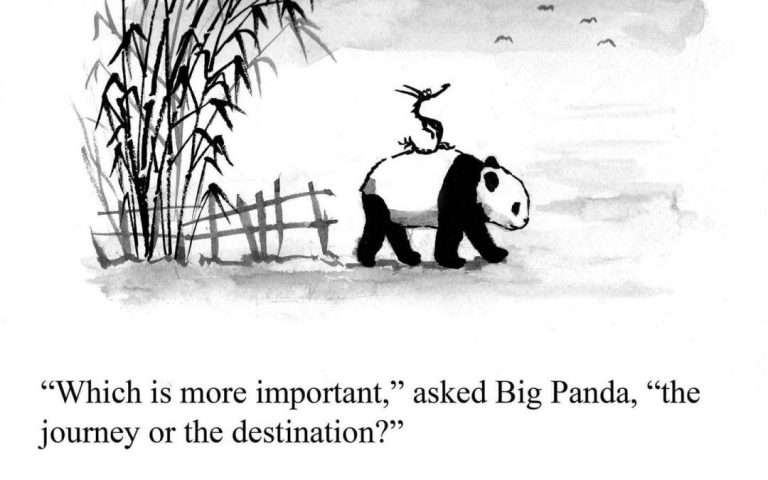Leaders often find themselves juggling multiple responsibilities, striving for success, and constantly seeking to maintain a healthy work-life balance. The challenge of balancing work and life is particularly pronounced for executives, who often face intense work demands and high levels of stress. In this context, executive coaching has emerged as a valuable tool for leaders seeking to enhance their work-life integration and overall well-being.
In this blog, we will explore the concept of work-life integration, discuss the unique challenges leaders face, and delve into how executive coaching can be a powerful resource in achieving a more balanced and fulfilling life.
What is Work-Life Integration for Leaders?
Work-life integration is a concept that goes beyond the traditional notion of work-life balance. Instead of compartmentalizing work and personal life, work-life integration focuses on creating a more harmonious relationship between the two. It acknowledges that the demands of modern life often blur the lines between work and personal time and aims to find a sustainable equilibrium.
This approach recognizes that work and life are not separate entities but two interconnected aspects of an individual’s existence. Achieving work-life integration involves aligning one’s personal and professional commitments in a way that promotes overall well-being. It is not about striving for equal time spent on work and personal life but ensuring that the two complement and enrich each other.
The Unique Challenges Faced by Leaders
Leaders, particularly those in executive positions, face unique challenges regarding work-life integration. These challenges can be summarized as follows:
1.High Responsibility and Accountability
Executives are often entrusted with significant responsibility, which can include making critical decisions, overseeing large teams, and driving the success of their organizations. This high level of accountability can lead to long working hours and constant pressure to perform at their best.
- Constant Connectivity
In our digital age, executives are almost always connected to their work through smartphones, email, and other communication platforms. It blurs the boundaries between work and personal life, making it difficult to switch off and unwind.
- Lack of Time
Leaders often work long hours, sparing limited time for personal and family life. The pursuit of career success can sometimes lead to neglecting self-care, relationships, and other aspects of life outside of work.
- Stress and Burnout
The relentless demands of executive roles can result in high-stress levels and burnout. Leaders must navigate complex challenges, and the pressure to excel can affect their mental and physical well-being.
- Strained Relationships
Balancing work and life can strain relationships with family and friends. Leadership roles’ long hours and emotional toll can make it challenging to maintain a healthy and fulfilling personal life.
Given these challenges, it becomes evident that leaders need effective strategies and support to achieve better work-life integration.
The Role of Executive Coaching in work-life integration
Executive coaching is a personalized and confidential development process that aims to help leaders enhance their skills, overcome challenges, and achieve their personal and professional goals. When it comes to work-life integration, executive coaching can be a game-changer. Here’s how:
1. Self-Reflection and Awareness
Executive coaches teach leaders to engage in self-reflection, helping them gain a deeper understanding of their values, priorities, and the impact of their choices. This self-awareness is a crucial first step in enabling them to make the right decisions based on the constraints associated with leading their positions.
- Goal Setting and Prioritization
Coaches work with leaders to set realistic goals for both their professional and personal lives. By identifying what truly matters to the individual, coaches help them prioritize their commitments and allocate time and energy accordingly.
- Time Management and Productivity
Coaches assist leaders in developing effective time management strategies. They include techniques for optimizing work hours, minimizing distractions, and delegating tasks, allowing executives to free up more time for their personal affairs.
- Stress Management and Resilience
Stress is an everyday companion to leadership roles. Executive coaches provide techniques and coping strategies for managing stress and building resilience. These skills are invaluable for maintaining well-being.
- Communication Skills
Effective communication is essential for leaders, not only in the workplace but also in their personal lives. Coaches work with leaders to improve their communication skills, which can enhance relationships both at work and at home.
- Boundaries and Disconnecting
One of the significant challenges for leaders is disconnecting from work. Coaches help executives set healthy boundaries and create routines for disconnecting from work, allowing them to fully engage in their personal lives.
- Accountability and Feedback
Executive coaches hold leaders accountable for the goals they set and provide regular feedback on their progress. This accountability ensures that leaders stay on track in their pursuit of better work-life integration.
- Work-Life Integration Strategies
Coaches help leaders develop specific strategies to integrate work and life effectively. It may include flexible work arrangements, clear communication with teams, and creating environments that support work-life integration.
- Holistic Well-Being
Executive coaching takes a holistic approach to well-being, addressing not only the professional aspects but also the personal and emotional dimensions of a leader’s life. This comprehensive focus ensures that leaders can thrive in all areas of their existence.
Embracing Work-Life Integration with Executive Coaching
Work-life integration is a continuous journey, and it can be particularly challenging for leaders. The demands of executive roles can make it difficult to achieve a harmonious balance between work and personal life. However, executive coaching provides a powerful toolkit for leaders seeking to enhance their work-life integration. Executives can lead more fulfilling lives in and out of the workplace through self-reflection, goal setting, time management, stress reduction, and improved communication.
In today’s dynamic and competitive business landscape, work-life integration is rather imperative. Executive coaching is the bridge that can help leaders achieve this integration, leading to happier, healthier, and more successful lives. By acknowledging the challenges and embracing the support available through executive coaching, leaders can unlock their full potential and thrive in all aspects of their lives.
Regal Unlimited is committed to enhancing the success journey of leaders through 300+ executive coaches who hold the world’s most prestigious credentials granted by the International Coaching Federation. They chisel the leaders’ personalities from every aspect of their roles and responsibilities.
Connect with us at info@regaunlimited.com and consult with our expert coaches.






